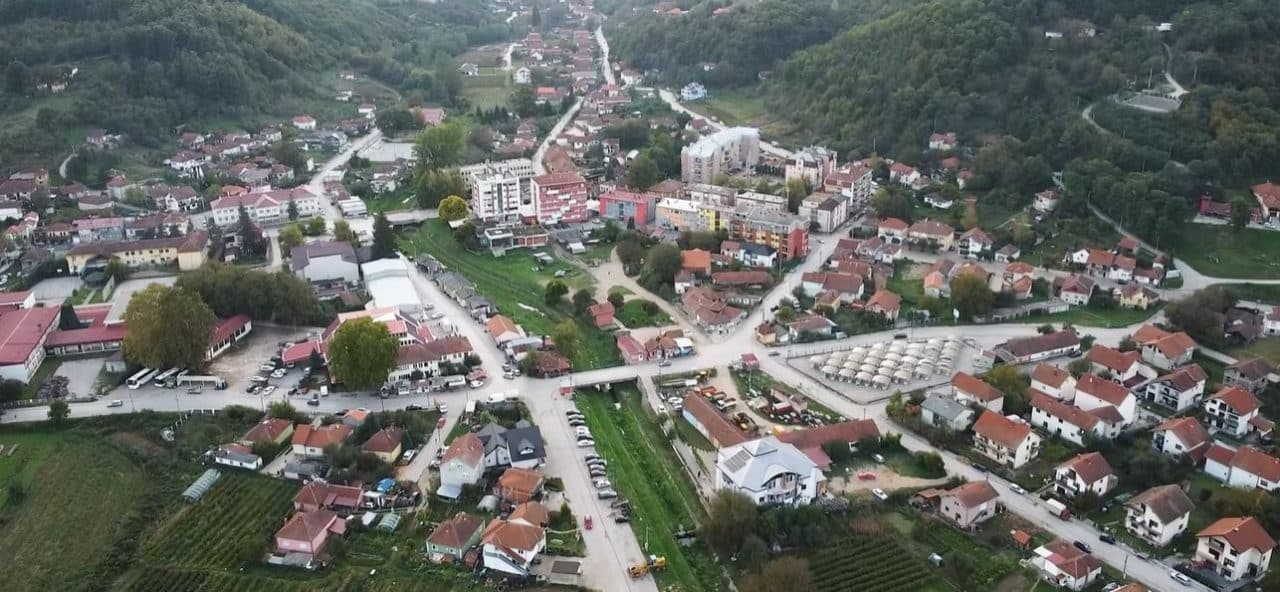Address ‘passivization’ of Albanians in South Serbia: EU and Kosovo leaders react to Serbian Constitutional Court ruling

Earlier in the week, Serbia’s Constitutional Court dismissed the appeal of an ethnic Albanian from Medvedja seeking the reinstatement of his address, prompting reactions by the EU and by leaders in Kosovo.
Why is this important: The deactivation of addresses for Albanians in southern Serbia has been a contentious issue. This practice risks disenfranchising thousands of Albanians, leaving them without identification documents and access to basic services. Critics argue that it reflects systematic discrimination against the Albanian minority, threatening their political and social representation.
What was said: The European Union has acknowledged the concerns of Albanians in southern Serbia over the deactivation of their addresses and has reiterated its call for official Belgrade to clarify the issue, European Commission enlargement spokesperson Ana Pisonero stated on Thursday.
“We are monitoring these developments in light of Serbia’s commitments under the membership negotiations, particularly those concerning minority rights,” said Pisonero.
Kosovo’s President, Vjosa Osmani, called on the international community to pressure Serbia to uphold the rights of Albanians in the country’s south, while Kosovo’s Deputy Prime Minister, Besnik Bislimi, accused Serbia of legitimizing what he described as systematic discrimination against Albanians residing in southern Serbia.
The context:
- According to Serbia’s 2022 census, over 57,000 Albanians reside in the municipalities of Medvedja, Bujanovac, and Presevo in southern Serbia, an area commonly referred to as the Presevo Valley.
- Data show that around 4,000 Albanians in Medvedja and 2,000 in Bujanovac have had their addresses marked as inactive due to their living abroad.
- This practice risks leaving them effectively stateless, as it deprives them of identification documents and restricts their ability to vote or access public healthcare services.
What next: There are fears that this may be part of an effort to alter the official ethnic composition and, consequently, the political landscape of the southern Presevo Valley. The practice targets exclusively ethnic Albanians. Many thousands of Serbs live and work abroad and maintain a permanent address in Serbia, yet there have never been widespread complaints of their addresses being declared inactive.
International and European concerns: The European Commission’s Report on Serbia issued last month states that:
- “Members of the Albanian national minority raised concerns about the way police were checking residence status in south Serbia, resulting in the ‘passivisation’ of certain addresses. There is a need for the authorities to better explain to the public how these checks are being conducted.”
- “The implementation of the action plan for improvements in the representation of Albanians in institutions needs to be stepped up and lead to tangible improvements. National minorities remain underrepresented in public administration and the police. Progress on printing certain textbooks in minority languages needs to be further intensified.”


